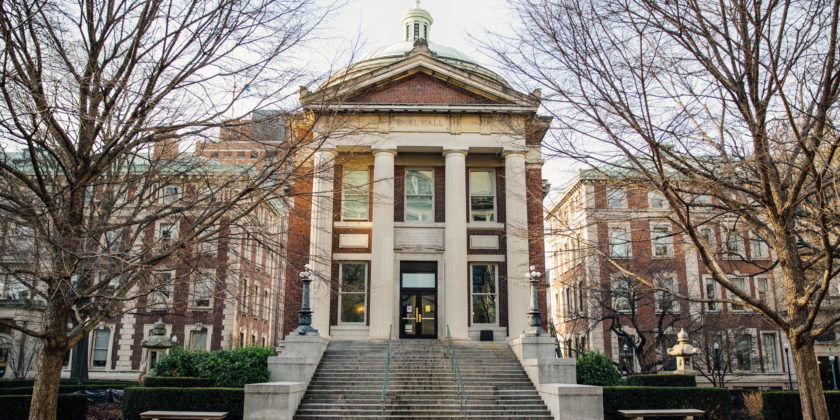Our Class of 2020 Admit List
Most of our students now know where they are heading to college this fall! We will update this list once RD releases, but take a look at some of the college and universities where they have been admitted so far:
Bennington
Bryn Mawr
Boston College
Cornell
Delaware
Earlham
Elon
Fairfield
Fordham
Goucher
Indiana University
Marist
McGill
Northeastern
Ohio State
Pepperdine
Penn State
Rhodes
Santa Clara
Syracuse
St. Andrews
Tufts
Tulane
University of Colorado, Boulder
University of Maryland
University of Massachusetts, Amherst
University of Miami
University of Michigan
University of North Carolina, Chapel Hill
University of Richmond
University of South Carolina
University of Vermont
University of Virginia
University of Wisconsin, Madison
Villanova
Wake Forest
Yale
Although nothing makes us happier than students getting into their top choice schools, we are equally grateful for having the opportunity to get to know an unbelievably talented group who trusted us to provide guidance along the way. So congrats again, and thank you for having us along for the ride!









